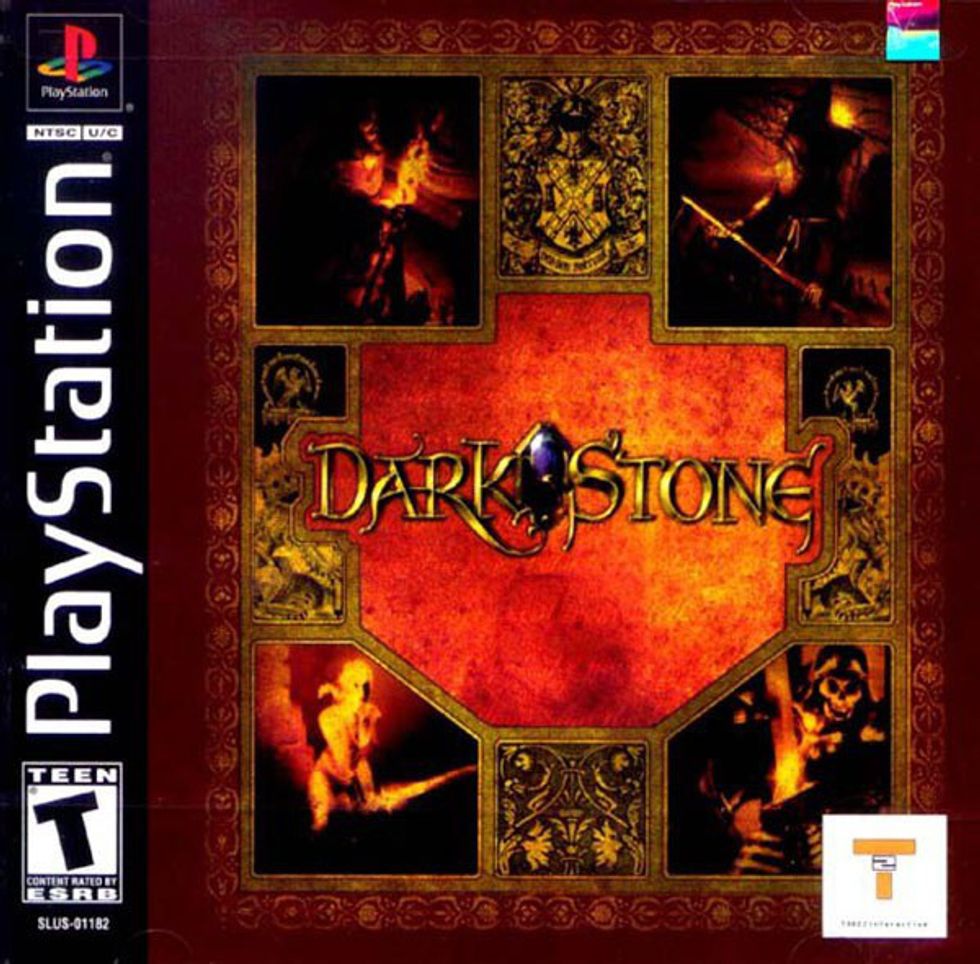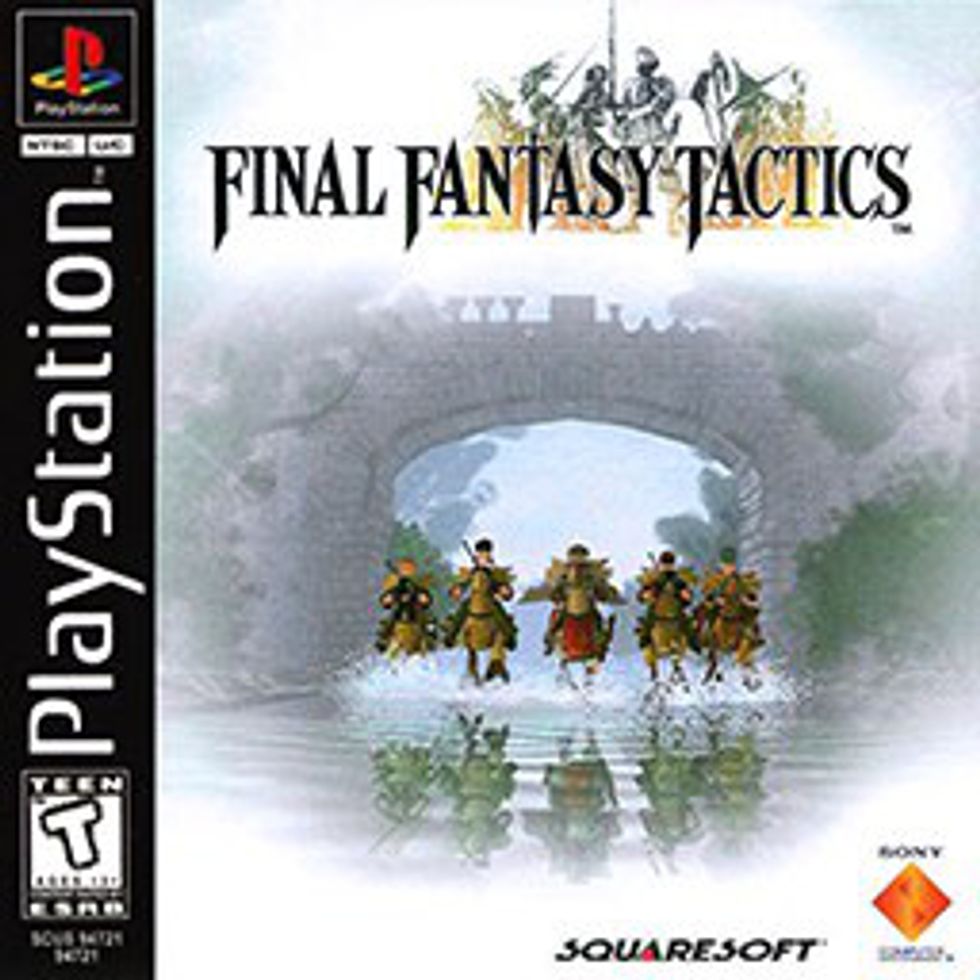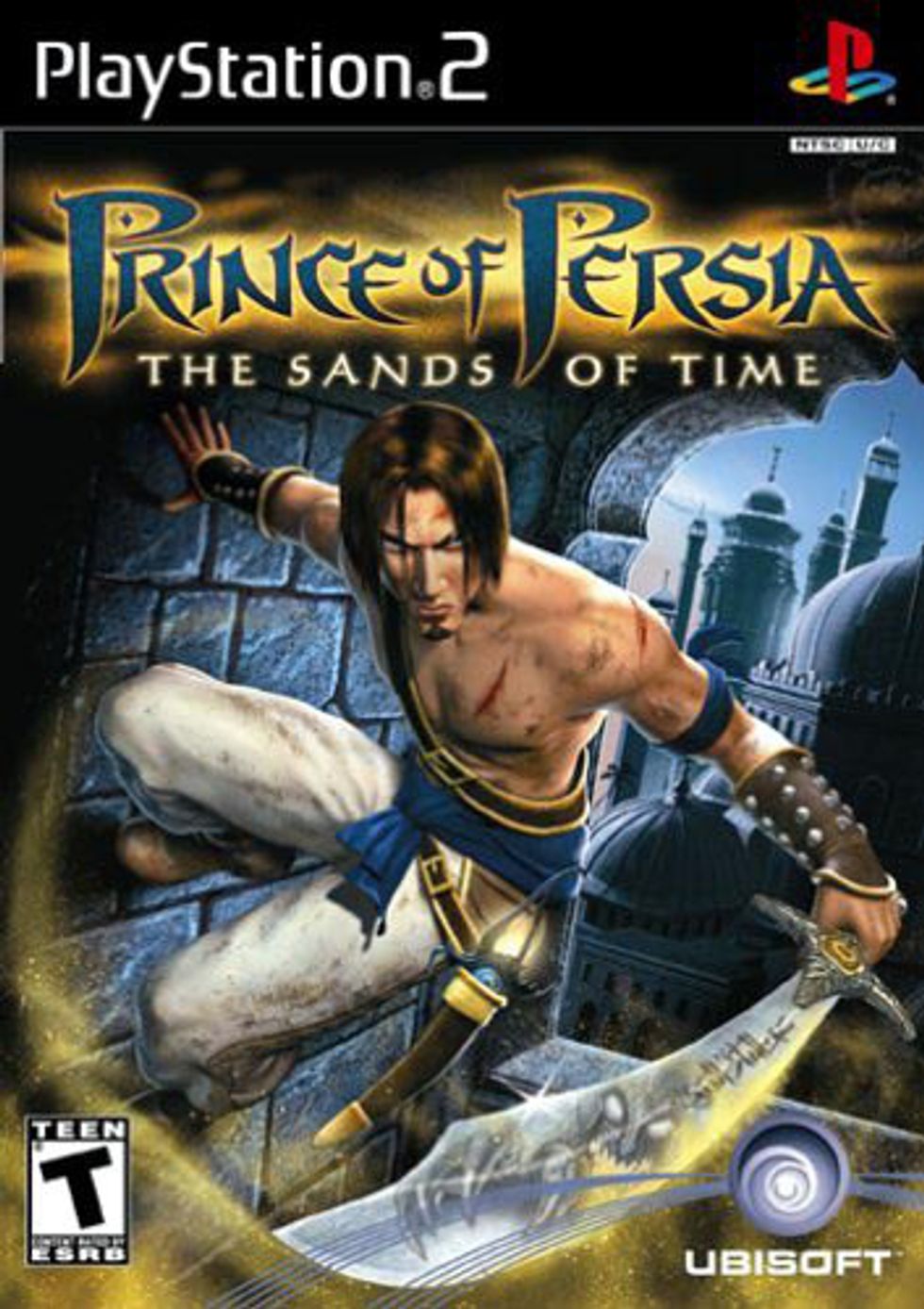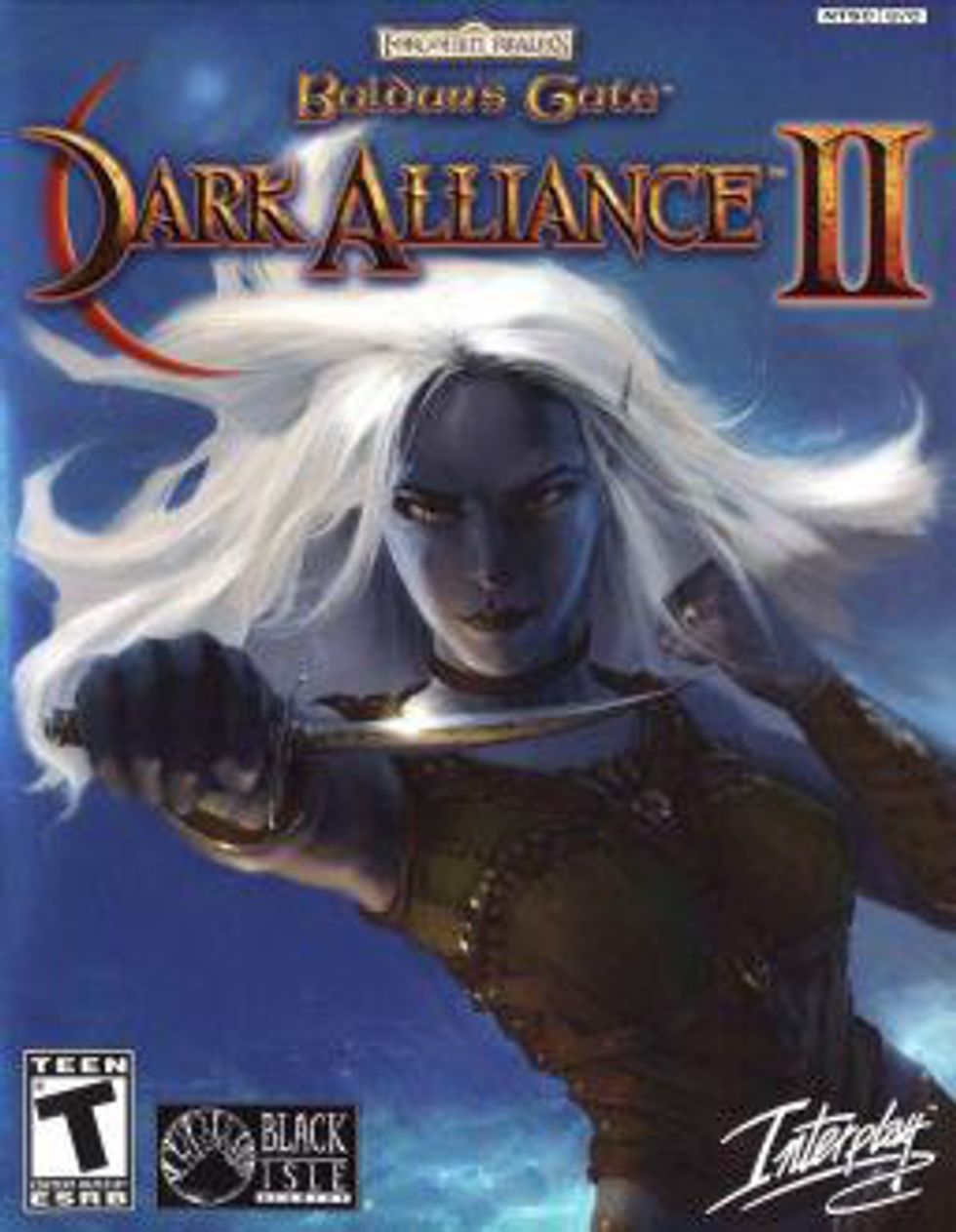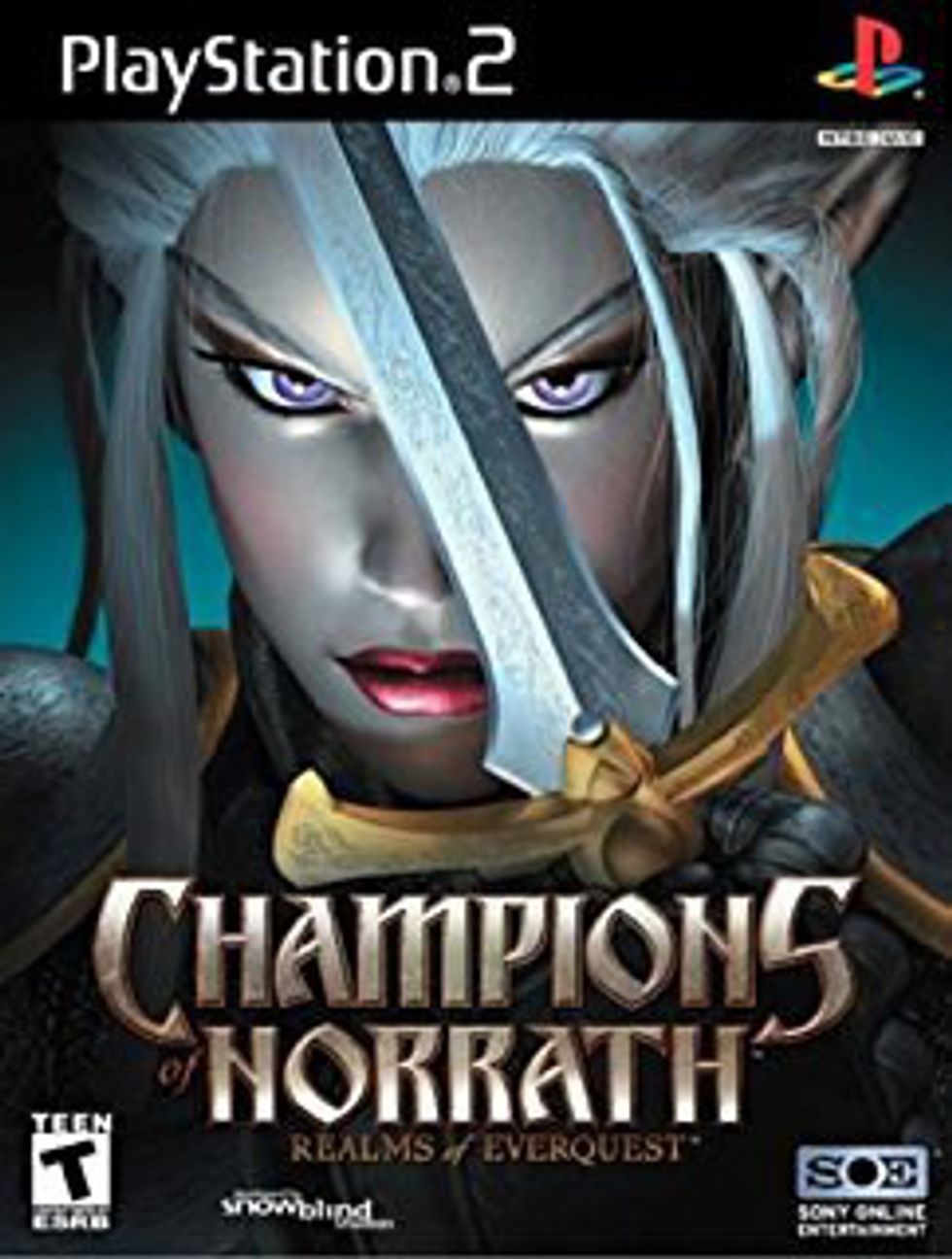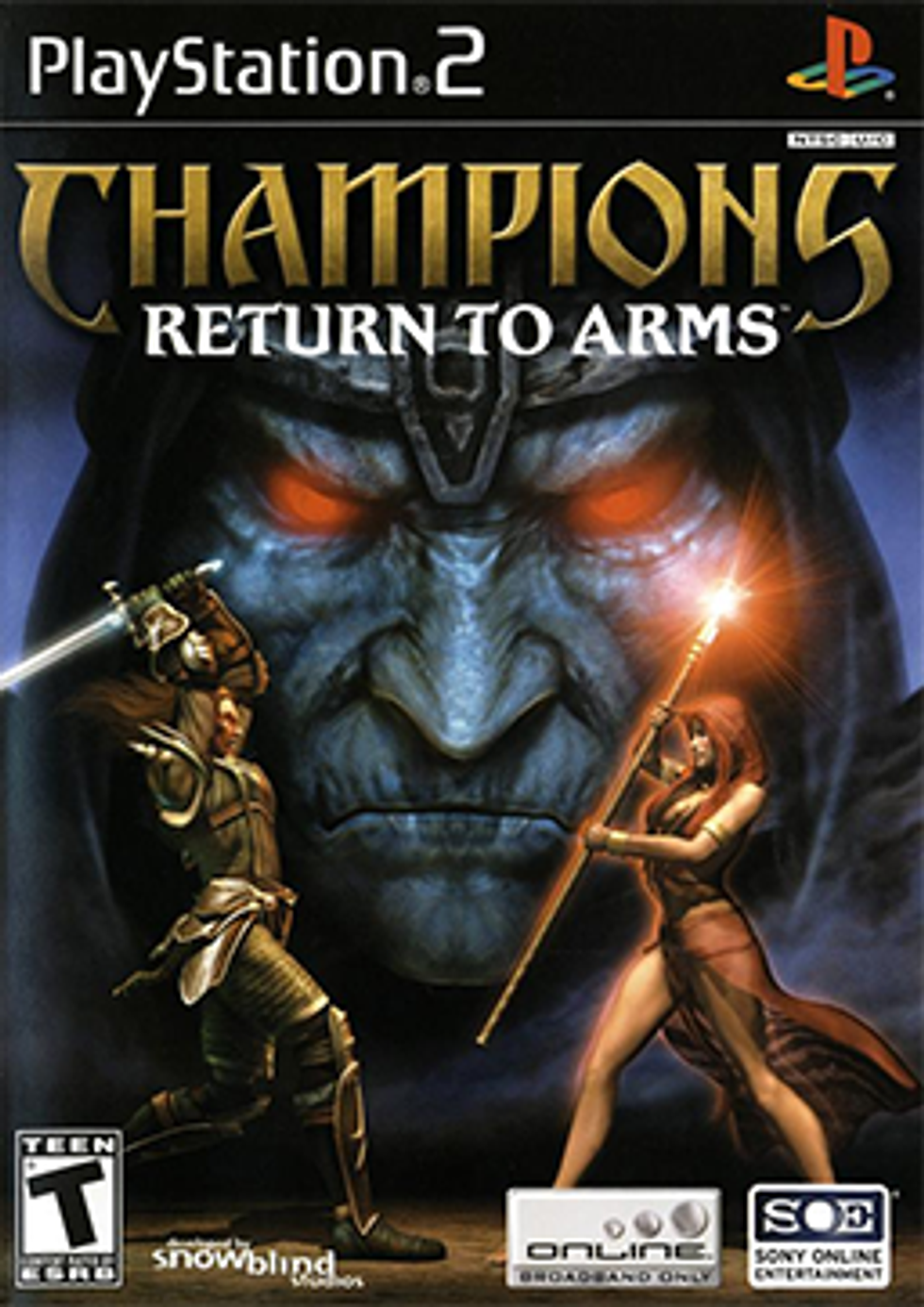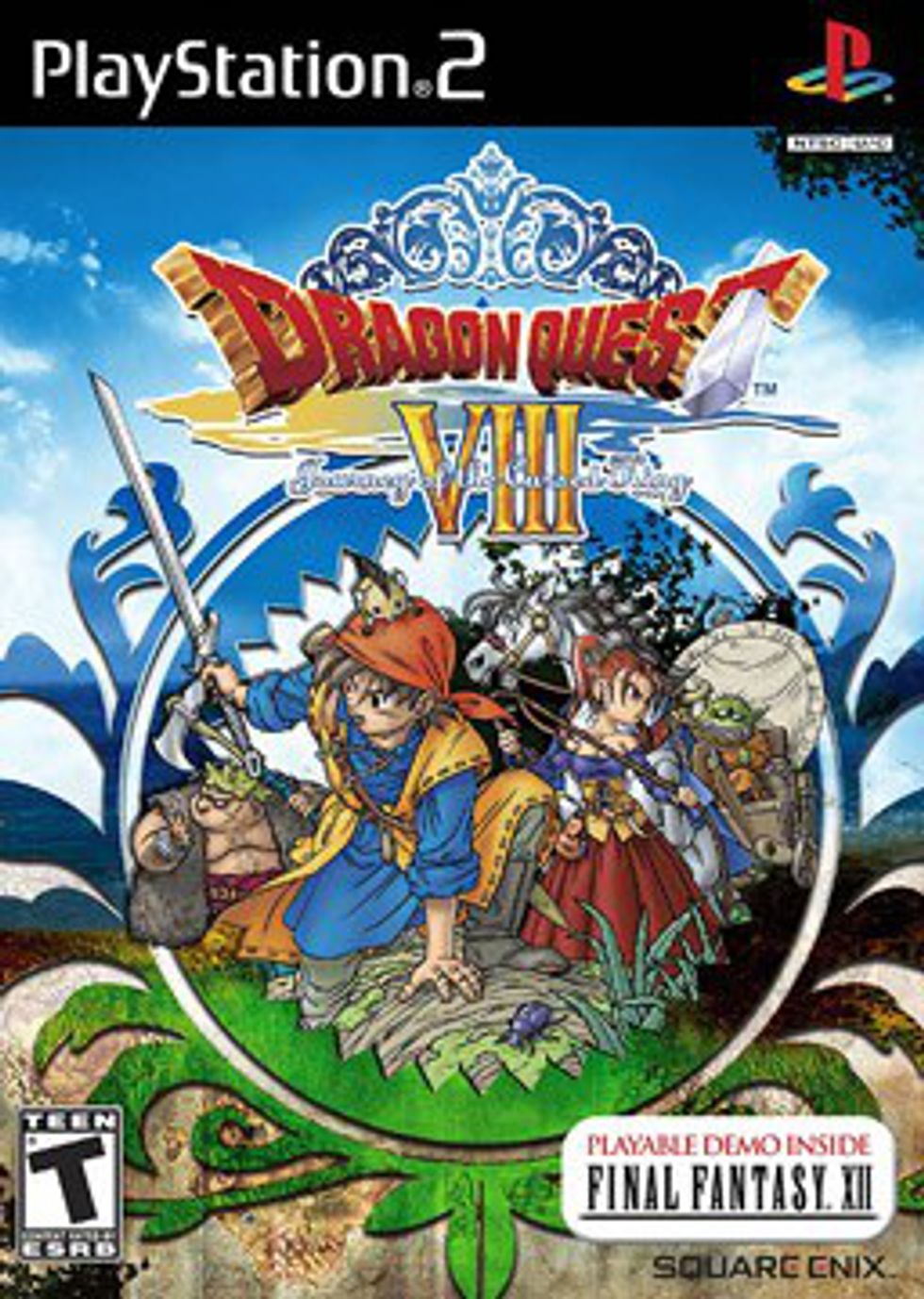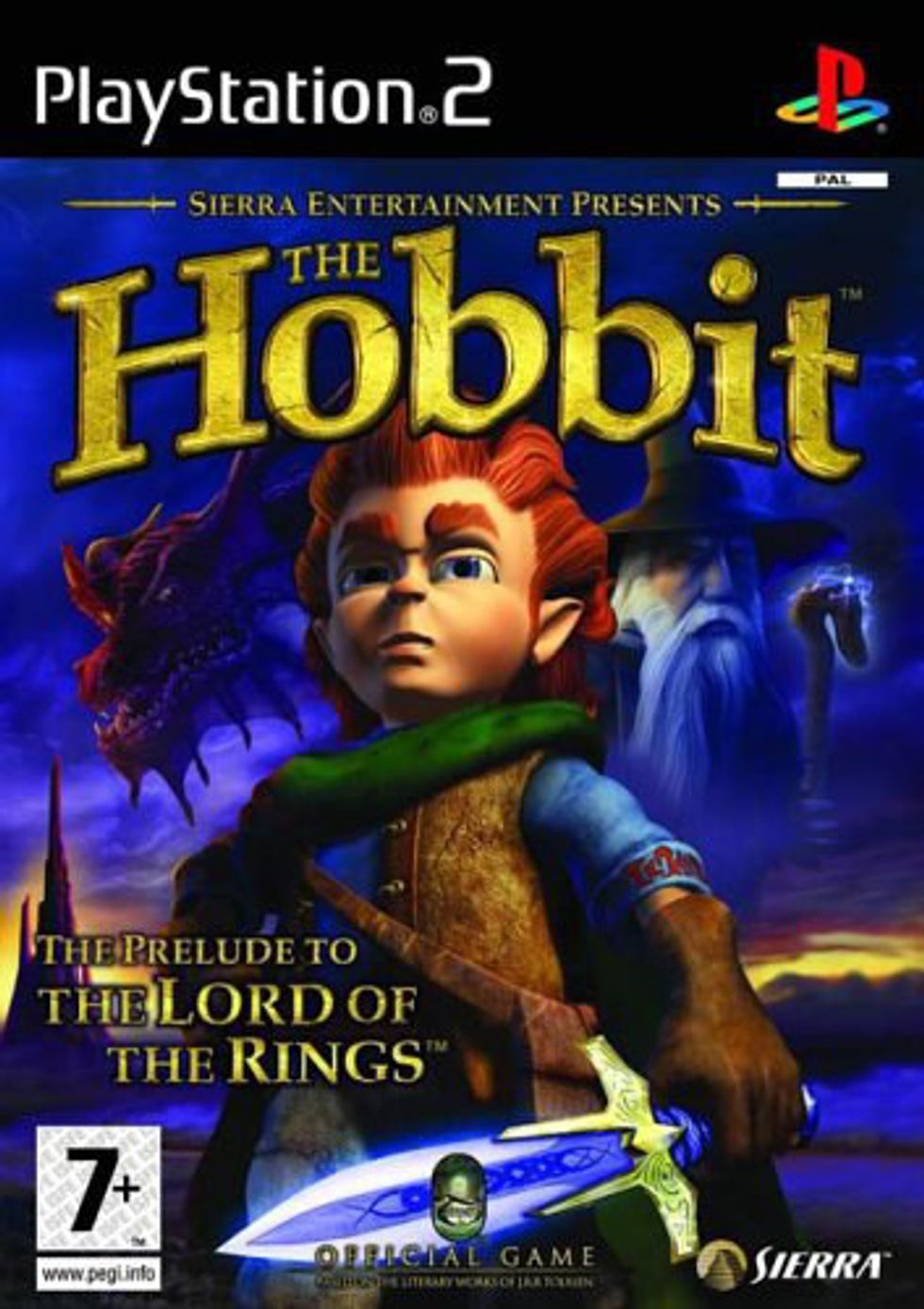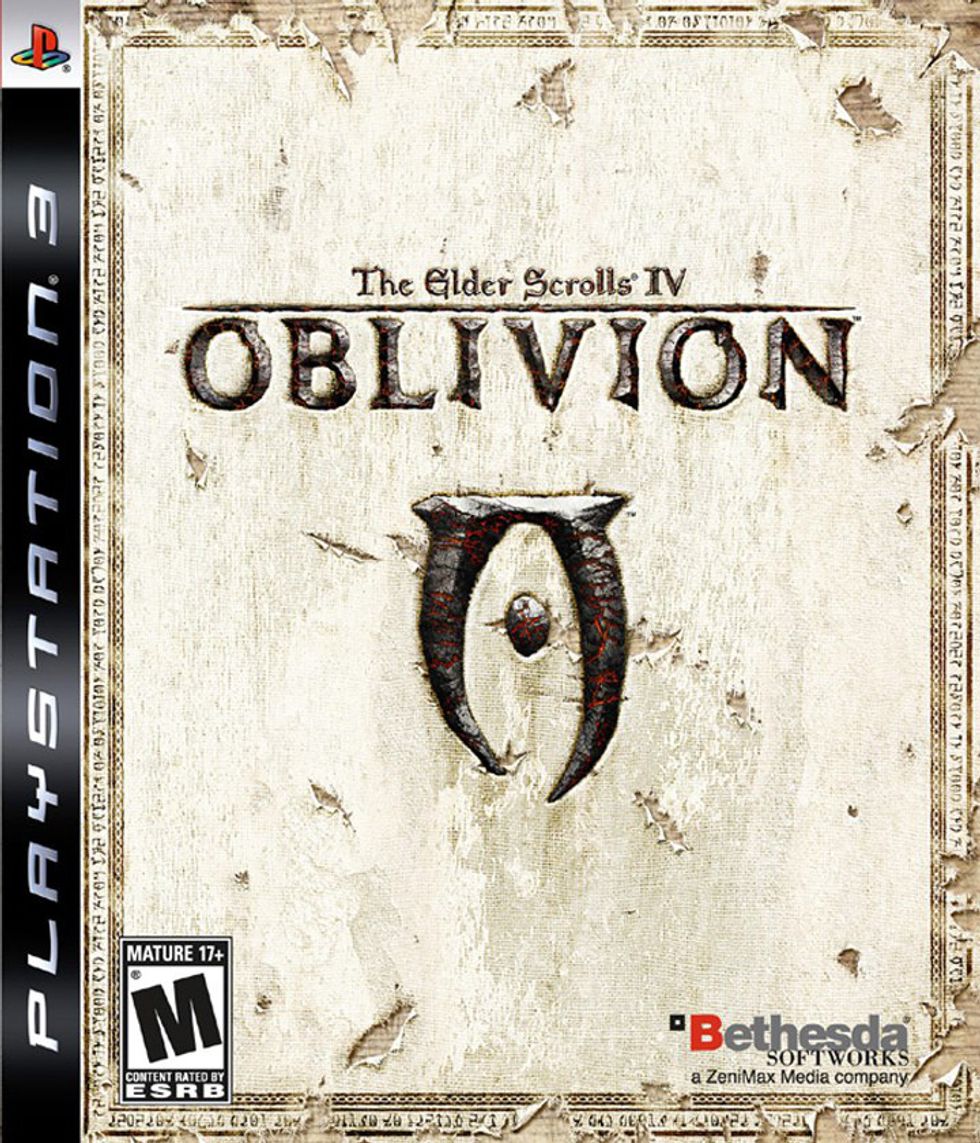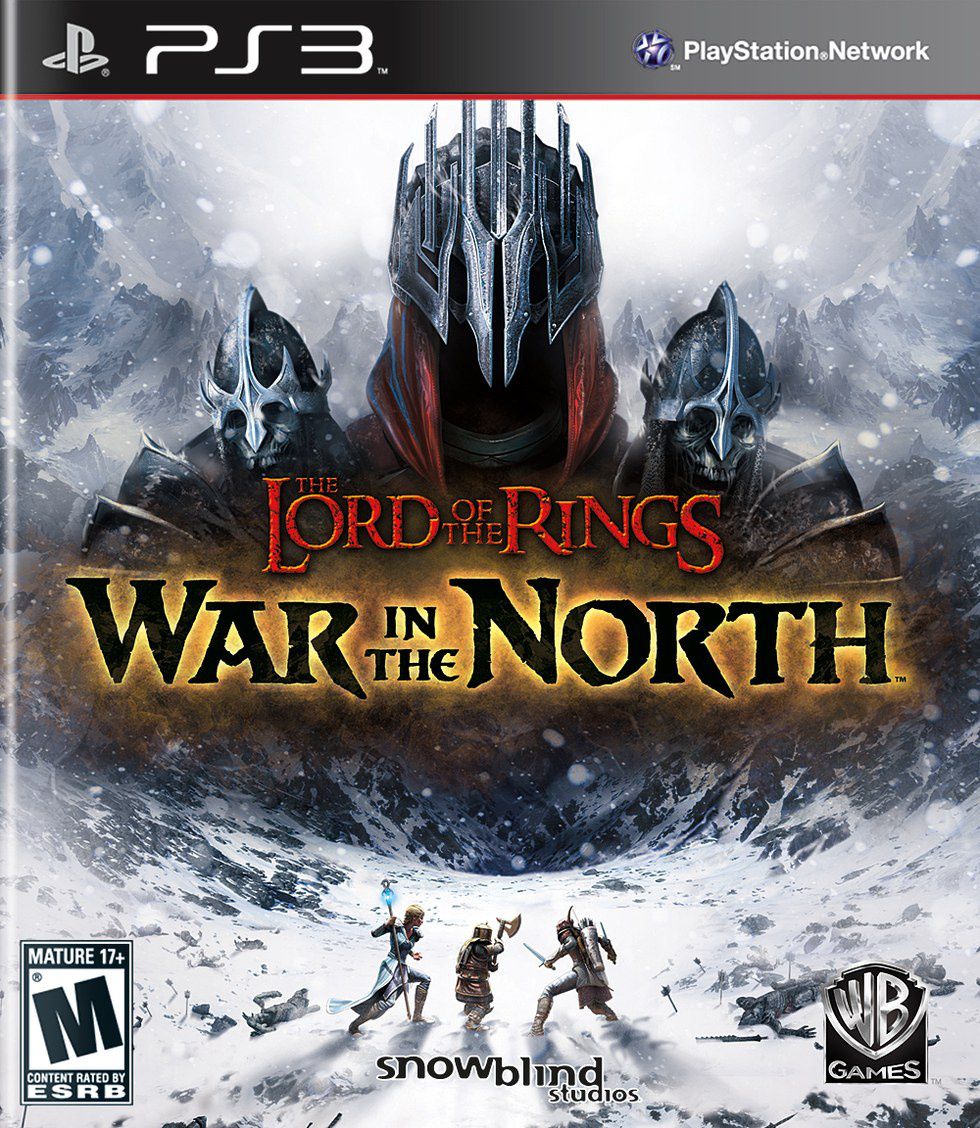While many of these games were playable on additional platforms during their initial release, or were converted to more recent gaming platforms, all of them were excellent sources of entertainment on their respective PlayStation gaming systems. Each of them may provide their original players with that warm, fuzzy nostalgia that we all know and love, but they can still stand as wonderful games to newer players.
1. "Dark Stone," released for PlayStation in 2000.
Set in the land of Uma, this open-world game presents some of the classic aspects of a fantasy RPG. It has potions, spells, weapons, and a variety of characters to choose from. And did I mention a dragon?
2. "Final Fantasy Tactics," released for PlayStation in 2001.
A different take on the world of Final Fantasy, this turn-based tactical game is a must-have! The player follows young Ramsa through a civil war, full of betrayal and deceit. As you build your party, you strategize by framing the perfect group through the 19 classes, or jobs, available, even more if you play the PSP version, Final Fantasy Tactics: War of the Lions. You can fight or befriend Chocobos too!
3. "Prince of Persia Sands of Time," released for PlayStation 2 in 2003.
This dungeon crawler has an intriguing story line; don't let the lame movie adaptation fool you. Tricked by a so-called friend, the Prince accidentally releases the sands of time, turning the entire palace into a horde of sand zombies. With the aid of a mystical dagger that can turn back time, you fight your way through the castle and try to find a way to reverse your mistakes.
4. "Baldur's Gate: Dark Alliance I and II," released for PlayStation 2 in 2001 and 2004, respectively.
"Baldur's Gate: Dark Alliance" is a go-to hack and slash game. While there is an intriguing story-line to follow, the beauty of this game is in the multitude of levels, variety of monsters, and the ability to customize your character's stats.
"Baldur's Gate: Dark Alliance II" picks up the story right where the first game left off, presenting five new characters to play as, as well as the ability to upgrade and magically enhance all of your gear. Both games are multiplayer.
5. "Champions of Norrath"/"Champions Return to Arms", released for PlayStation 2 in 2004 and 2005, respectively.
For those of you who have played this series and the previous one, if you thought that the game-play was eerily similar, you'd be right, but Champions isn't a rip-off. Champions and "Baldur's Gate: Dark Alliance" were made by most of the same people. However, due to one company failing and copy right issues, the developers had to start with a new story, set in a new realm. While "Champions of Norrath" and "Champions Return to Arms" play the same way as their preceding series, there is a larger variety of character classes to choose from, as well as character customization for both appearance and stats. Additionally, you have the option to play as either sex for any of the classes.
The story-line in the first Champions is much more intriguing, as in the second one, each level has the same goal: to recover a shard. However, the second game does allow the player to fight in an arena and choose to be good or evil.
6. "Dragon Quest VII: Journey of the Cursed King," released for PlayStation 2 in 2004.
This game certainly has the "Final Fantasy" feel, and the battle sequences are nearly identical to those in the Final Fantasy franchise. The original game also came with a demo for "Final Fantasy XII." The graphics for "Dragon Quest VIII" are deliberately more cartoony, and the monsters can get a bit ridiculous, but this open-world game provides the players with an intriguing main story, as well as multiple side-quests and mini-games.
7. "Gauntlet Dark Legacy," released for PlayStation 2 in 2001.
This dungeon crawler takes the cake for hack and slash games. While it does have a main story to follow, it's not a complex one. The player fights his or her way through multiple levels in each of the eight magical realms. With eight main characters and classes to play as, Gauntlet can be fun for up to four players (with the multitap).
8. "The Hobbit," released for PlayStation 2 in 2003.
This game precedes the Peter Jackson film adaptation of the J.R.R. Tolkien's famous novel. It follows young Bilbo, as he journeys through Middle Earth. Power up weapons and gear, including Sting; use potions and antidotes, and play mini-games. Help your neighbors in the Shire, solve puzzles, and fight monsters, as Bilbo finds his courage, transitioning from scared hobbit to expert burglar.
9. "Elder Scrolls IV: Oblivion," released for PlayStation 3 in 2006.
"Oblivion" has all the aspects of Elder Scrolls that people know and love. Unfortunately, some people, who haven't already played the game are turned off by the older graphics. However, "Oblivion," much like "Skyrim," is an open world game, in which the player can do whatever he or she wants. There are some key differences: the mages guild is a united group of smaller factions, separated by the types of magic they use, and the thieves guild is lead an unnamed person, known only as the Gray Fox. While the game has shrines to deities, there are not shrines for the constellations, such as the mage, that will power up the player. Instead, you choose a sign under which you are born, and that power up sticks with you throughout the game. You also only need certain things in your inventory to brew a potion, no need to find a specific alchemy station.
10. "The Lord of the Rings: War in the North," released for PlayStation 3 in 2011.
"War in the North" follows a different group of heroes than the nine companions. These heroes fight other evils to make the way easier for characters, such as Aragorn and Frodo. You have the choice of three characters to play as, as Elf, a Dwaft, or a Dúnedain. Each of these characters has a different class and offers a different ability that enables you to unlock secrets and find treasure. This dungeon crawler is fun to play solo, but due to the differing abilities of each playable character, it is much more fun to go the multiplayer route.


